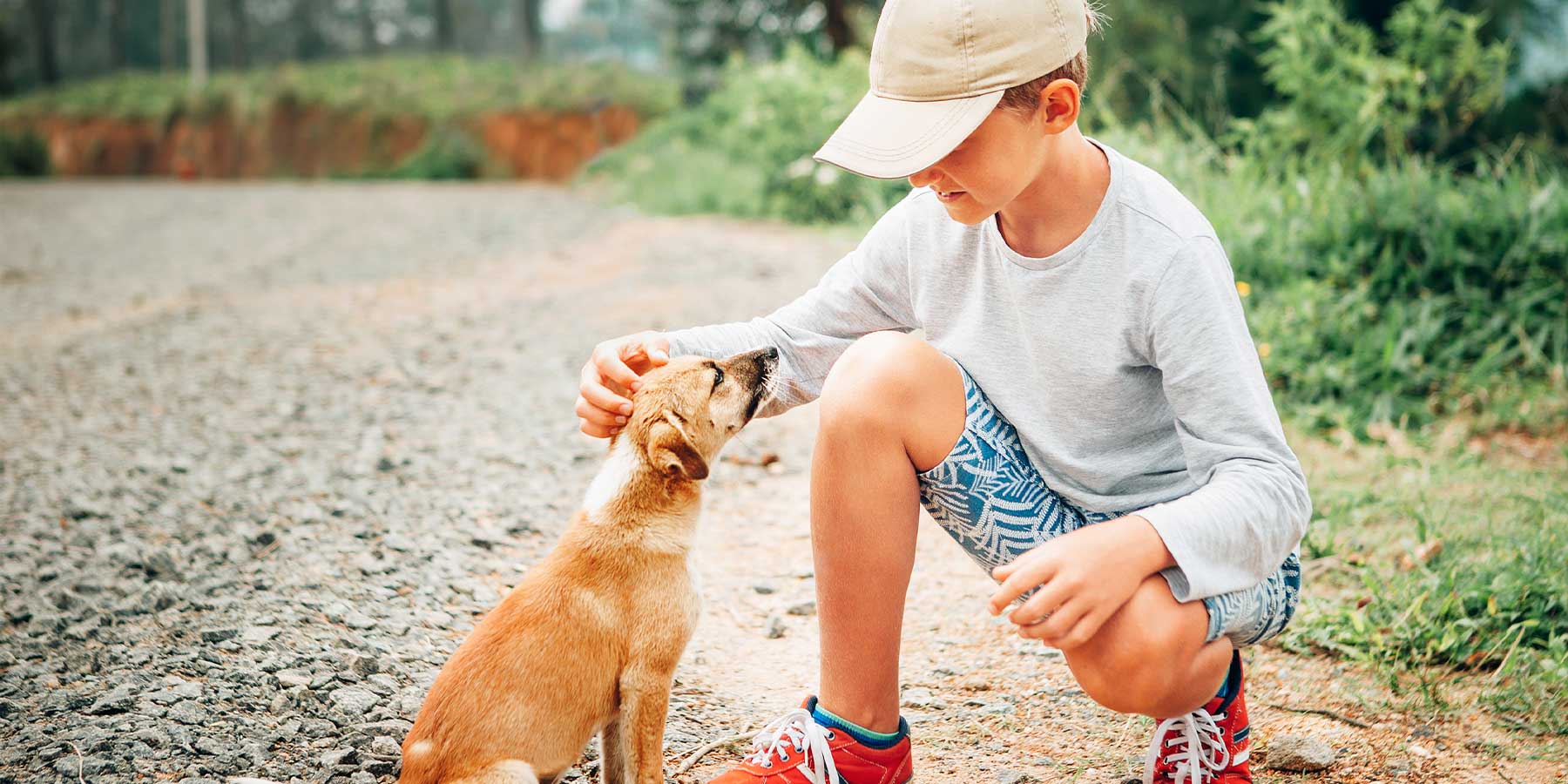Sustainable development goes hand in hand with recognition and respect for life other than our own. It is everyone’s duty to empathise with the realities of all the creatures that share the Earth with us, in order to make sustainable development a reality.
When empathy is lacking, crimes against the environment, animals and people occur and society fails. Here’s the why explained through an analysis of animal cruelty.
As reported by the researcher and veterinarian Gisele Kronhardt Scheffer, cruelty to animals “is part of an intergenerational cycle of violence” that “may be one of the first symptoms of misbehaviour to appear in children at risk of becoming future violent aggressors”.
What happened to Angelo, Alex, Tyron, Aron and Leone are just a few examples of what apparently goes on rather frequently in Italy, suggesting the lack of improvement underway.
These acts of violence occur all around the world but the difference lies in how societies approach them.
During the early Eighties, the American Psychiatric Association (APA) included animal cruelty in the Diagnostic and Statistical Manual of Mental Disorders (DSM-III), recognising it as “one of the earliest and most severe symptoms of a Conduct Disorder”, that leads to the desensitisation of the perpetrator.
In 2015, dog torturer was sentenced to 28 years in prison in Nevada, while, since January 2016, “cruelty to animals” has been included in the FBI Uniform Crime Report.
Instead in Italy, cruelty to animals is a relatively lightly punished offence, that seems to ignore the close connection with anti-social behaviours.
Prevention strategies should come directly from government institutions through strong sanctions and effective legislation, while also addressing institutionalised animal violence such as: factory farming, hunting and blood sports, wildlife trade, animal experimentation, and so on.
People’s failure to recognise the value of life is an important indicator of societies that lack empathy. Frank R. Ascione states that the development of empathy towards animals “makes violence […] less likely to occur”. Education for empathy should be a thing, preferably institutionalised from primary school onwards.
Empathy is the key to uplifting societies. It thrives when people become aware of the value of life, of all living and sentient beings; it dies when indifference prevails.
Cover image: Soulveda

